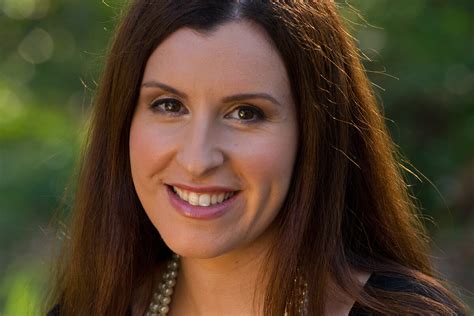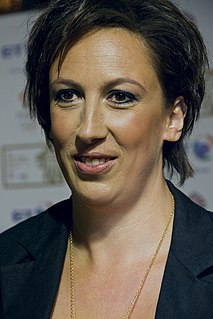A Quote by Randa Abdel-Fattah
If I like a book, I tend to read the author's entire collection. But I choose mainly through personal recommendations, general word of mouth and book reviews.
Related Quotes
You can't write a book if you've never read a book. And if you've read five books and you try to write a book, your book will mainly encompass the themes and the context of the five books you've read. Now, the more books you read, the more you can bring to a book when you decide to write one. So the more rap I learned, the more I was able to bring to rap when I decided to rap. But this was all subconscious.
Looking back over the years, I realize the Bible isn't magic, but it is corrective; it isn't an answer book, it is a living book; it isn't a fix-it book, it is relationship book. When I confront God's word, I am confronted; when I read God's word, it reads me; when I seek God's presence, He seeks me.
Many writers hate the shilling process, and I understand that. However, it's really the only thing about the publication process you can somewhat control. You can't affect reviews. But you can try to find your book an audience. One of the problems with the book publishing industry is that their publicity efforts tend to be spent on people who already read, and know how to discover, literary fiction.
I'm obsessive. That's the word for me. I obsess - perhaps to the point where it's moderately dysfunctional. I tend to put a book through about 100 revisions. If anything, that's an understatement. If there's another author out there who does this sort of revision, I would really like to meet him. Maybe we could form some sort of support group.
No one really knows the value of book tours. Whether or not they're good ideas, or if they improve book sales. I happen to think the author is the last person you'd want to talk to about a book. They hate it by that point; they've already moved on to a new lover. Besides, the author never knows what the book is about anyway.
Reading a book, for me at least, is like traveling in someone else's world. If it's a good book, then you feel comfortable and yet anxious to see what's going to happen to you there, what'll be around the next corner. But if it's a lousy book, then it's like going through Secaucus, New Jersey -- it smells and you wish you weren't there, but since you've started the trip, you roll up the windows and breathe through your mouth until you're done.
There's a certain kind of conversation you have from time to time at parties in New York about a new book. The word "banal" sometimes rears its by-now banal head; you say "underedited," I say "derivative." The conversation goes around and around various literary criticisms, and by the time it moves on one thing is clear: No one read the book; we just read the reviews.





































